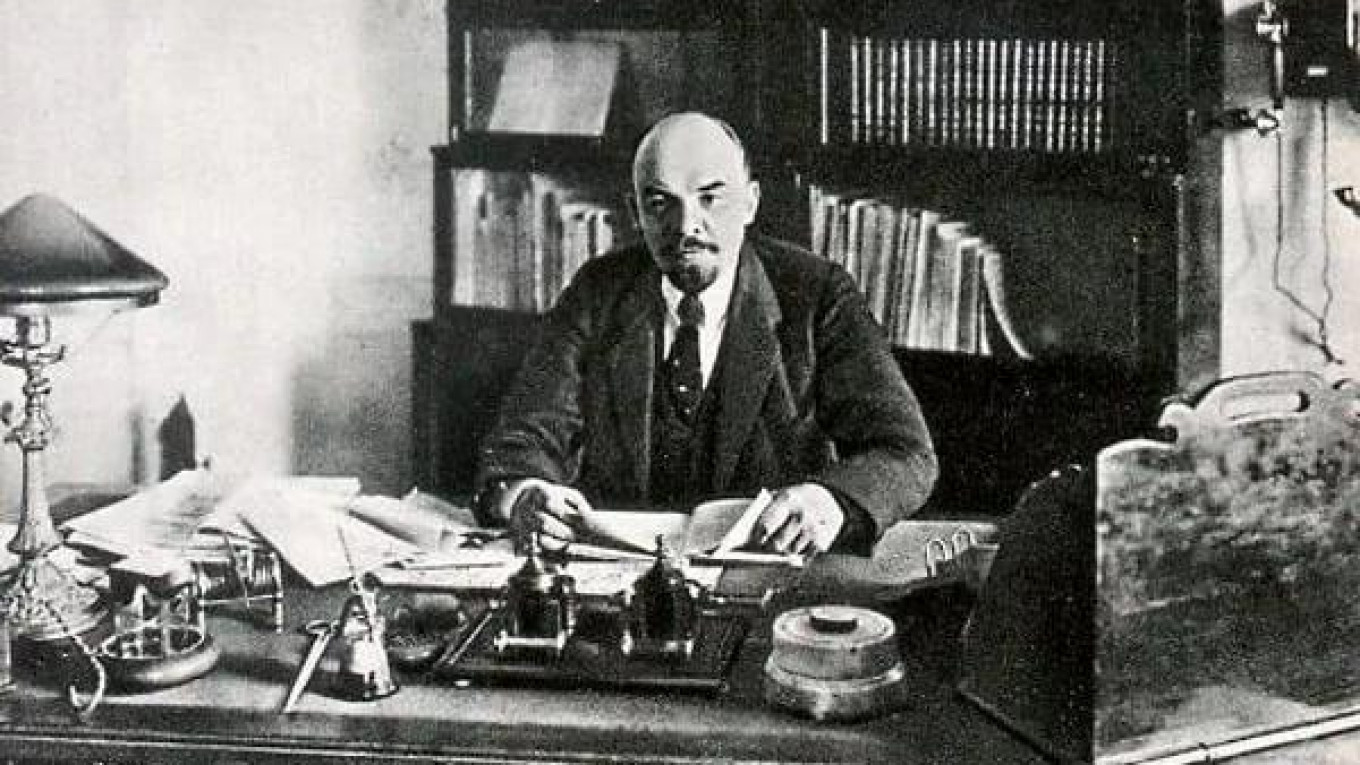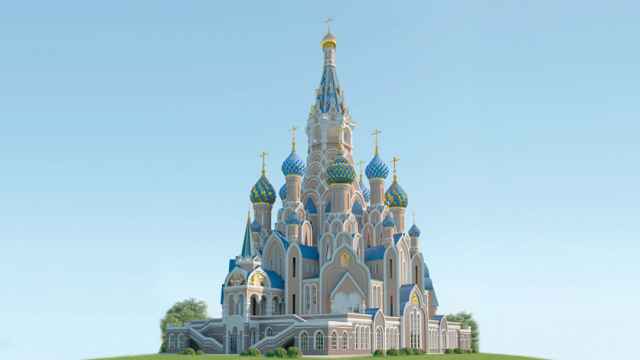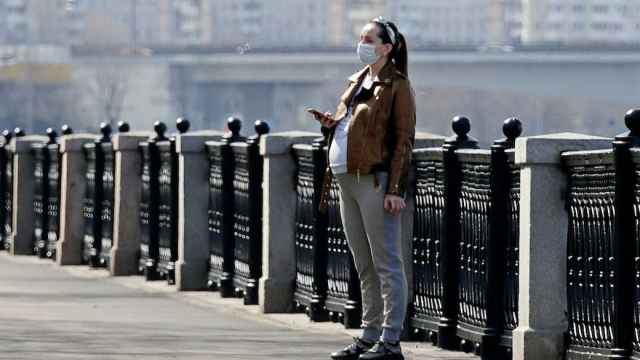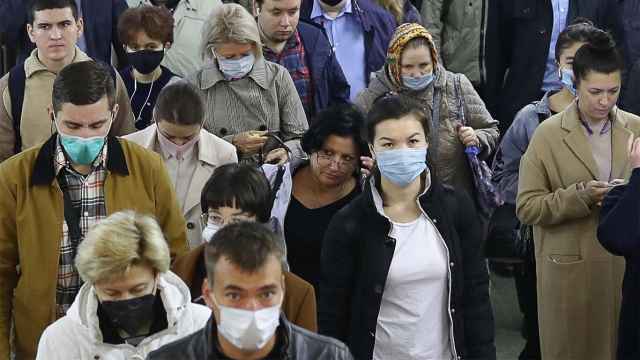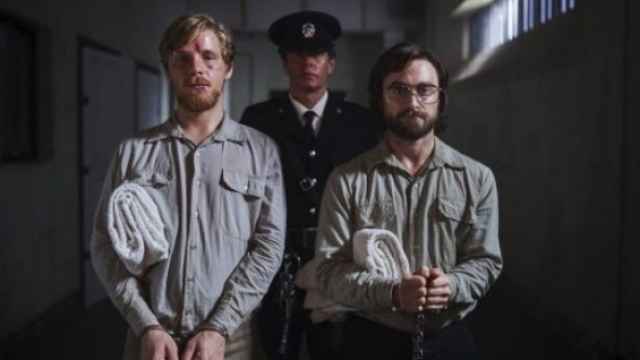The Crimean Nexus: Putin’s War and the Clash of Civilizations
By Constantine Pleshakov
Yale. $28.00 (Hardcover) $14.99 (Kindle)
A native of Yalta, in this book Constantine Pleshakov explores Russia’s motivation in seizing the Crimean peninsula from Ukraine in 2014. Pleshakov argues that today’s Ukrainian conflict has been exacerbated by a civilizational clash between two incompatible worldviews. To the U.S. and Europe, Ukraine is a country struggling for self-determination. To Russia, Ukraine is a “sister nation,” where NATO expansionism “threatens” Russia’s own borders.
The picture is further complicated by the situation in Crimea itself, where the native Tatars still retain the memories of their independence and a stand-off with Moscow that lasted three centuries, from the times of Ivan the Terrible to the rule of Catherine the Great – not to mention their deportation by Stalin during World War II. “The Crimean Nexus” provides readers with a clear, even-handed account of a major international crisis that is yet to be resolved.
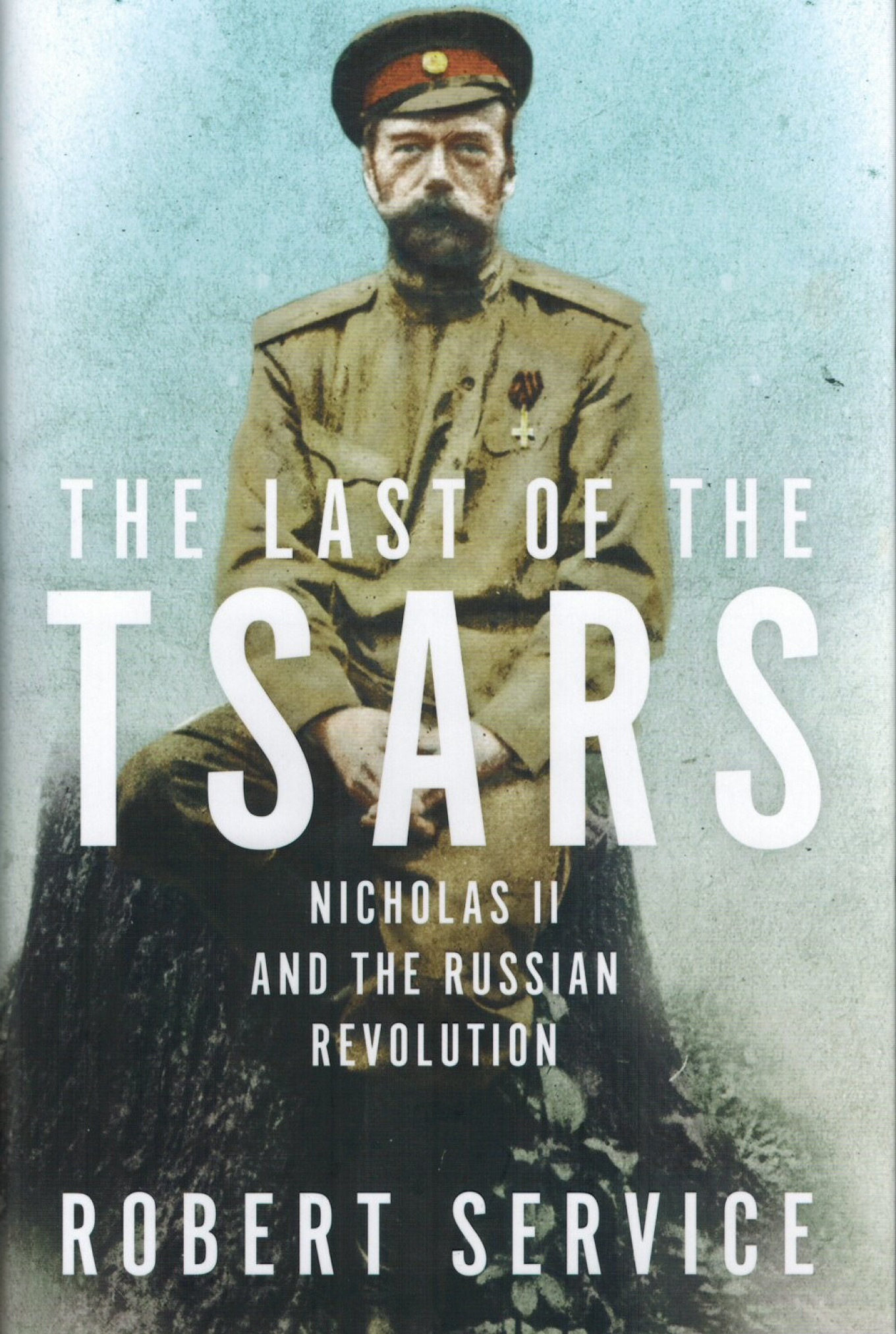
The Last of the Tsars
By Robert Service
Macmillan. $18.37 (Hardcover) $30.44 (Kindle)
The book follows Russia’s last tsar Nicholas II from a year before his abdication to the day he died. Robert Service, an acclaimed historian, provides quotes from the tsar’s diaries and recorded conversations to draw a portrait of the Russia’s last emperor – a difficult, unsympathetic man torn by contradictions. The author argues that a gradual transition to a more balanced constitution couldn’t have happened in Russia because of Nicholas II’s psychological complexities and autocratic beliefs.
Service specifically sheds light on the last days of the royal family, the political, economic and social environment around the Romanovs’ places of detention. He also describes the policies of the Provisional Government before it was overthrown by the Bolsheviks, who implemented an “even more radical set of revolutionary objectives.”
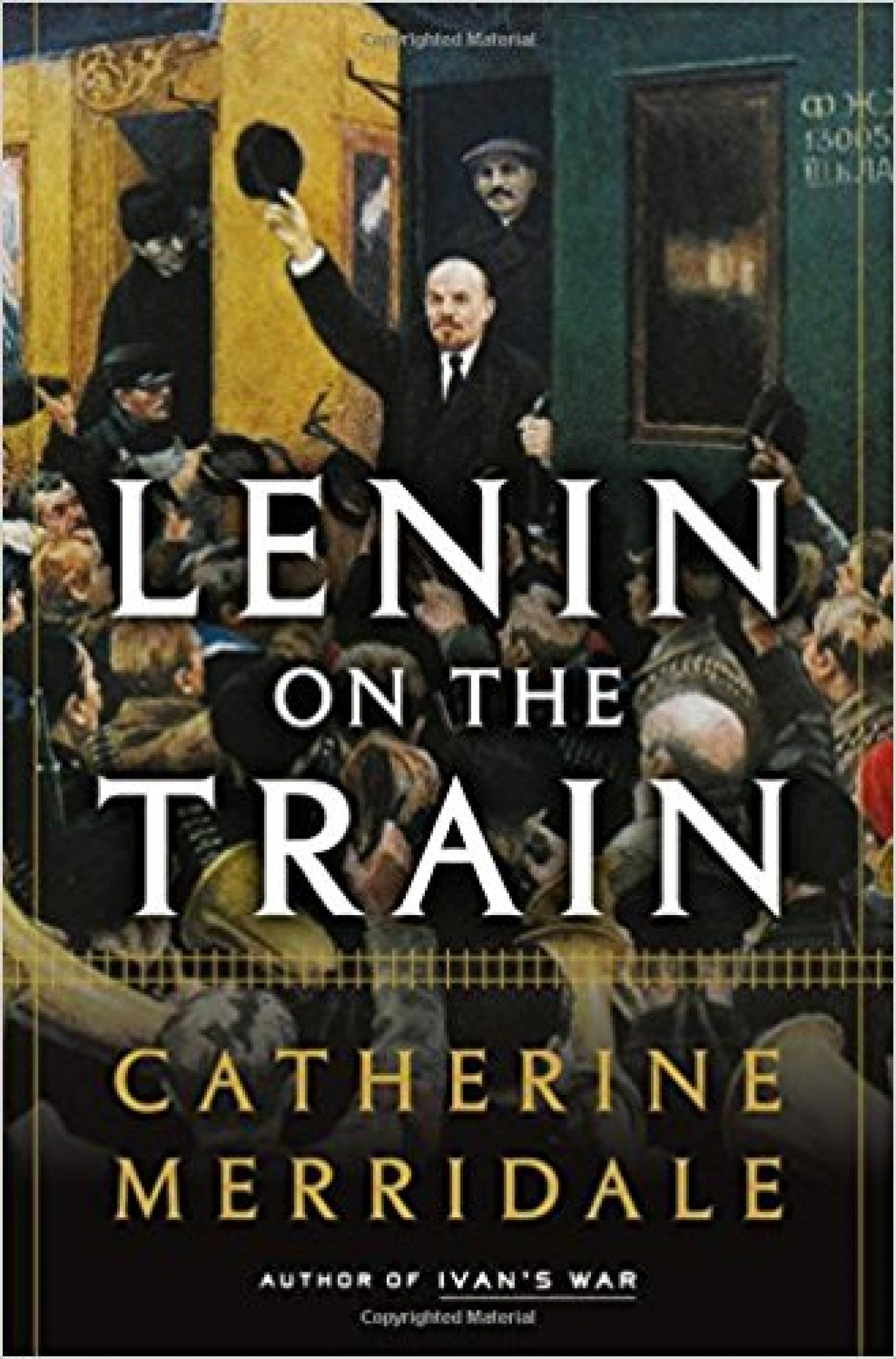
Lenin on the Train
By Catherine Merridale
Metropolitan. $23.99 (Hardcover) $14.99 (Kindle)
Russia’s history is full of unintended consequences. But arguably no other event can surpass Germany’s miscalculation in April 1917, when it agreed to transport the Bolshevik leader Vladimir Lenin from Zurich to Petrograd. The German High Command was hoping Lenin would start a revolution in Russia, thus helping Germany win the Great War. Yet Germany lost the war, while Lenin succeeded beyond anyone’s wildest dreams. Listed as The Times Best Book of the Year, “Lenin on the Train” draws on a vast array of sources and rare archival material, providing an exhilarating account of this fateful train ride.
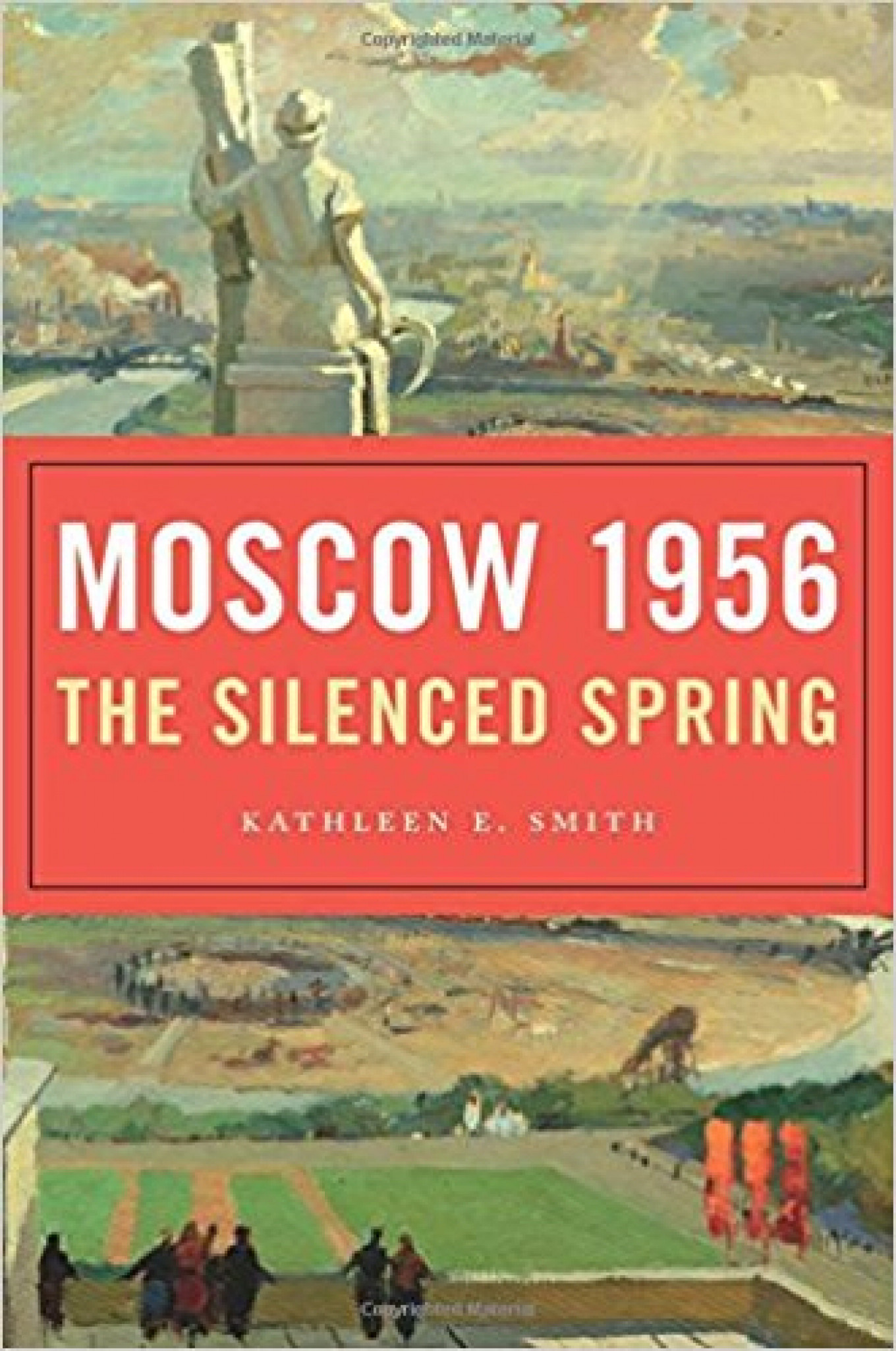
Moscow 1956: The Silenced Spring
By Kathleen E. Smith
Harvard. $29.95 (Hardcover) $29.95 (Kindle)
Smith builds her story around Khrushchev’s “Secret Speech,” in which the new Soviet leader denounced the crimes of Stalinism. The author gives a rigorous, month-by-month account of the events of 1956, revealing the lives of ordinary citizens, former Gulag prisoners, persecuted intellectuals, and idealistic students. Smith shows that Khrushchev’s initiatives – releasing political prisoners and “loosening” the Iron Curtain – sparked important cultural changes in Russian society. This first liberal thaw was short-lived, but the 1956 speech, the author argues, started the chain of events that eventually led to the fall of the USSR 35 years later.
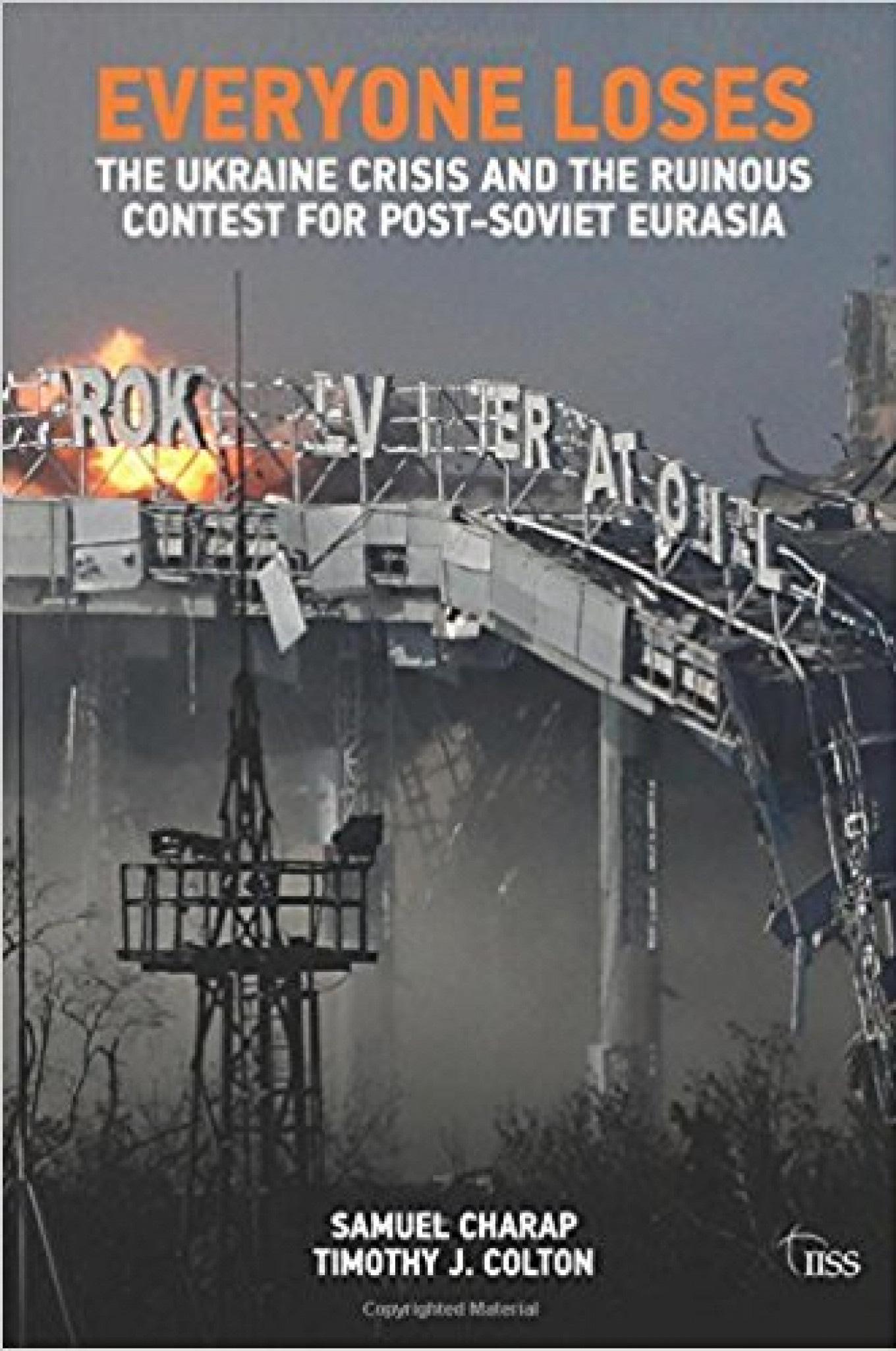
Everyone Loses: The Ukraine Crisis and the Ruinous Contest for Post-Soviet Eurasia
By Samuel Charap and Timothy J. Colton
Routledge. $21.95 (Hardcover) $7.99 (Kindle)
As the title suggests, this book argues the Ukrainian crisis has left everyone worse off. This outcome has resulted from years of zero-sum behavior on the part of Russia and the West in post-Soviet Eurasia, say the authors – a rivalry that has become bitter and entrenched. Charap and Colton provide recommendations on how to move forward: All states involved must recognize that long-standing policies aimed at achieving one-sided advantage are at a dead end, and commit themselves to finding mutually acceptable alternatives through patient negotiation.
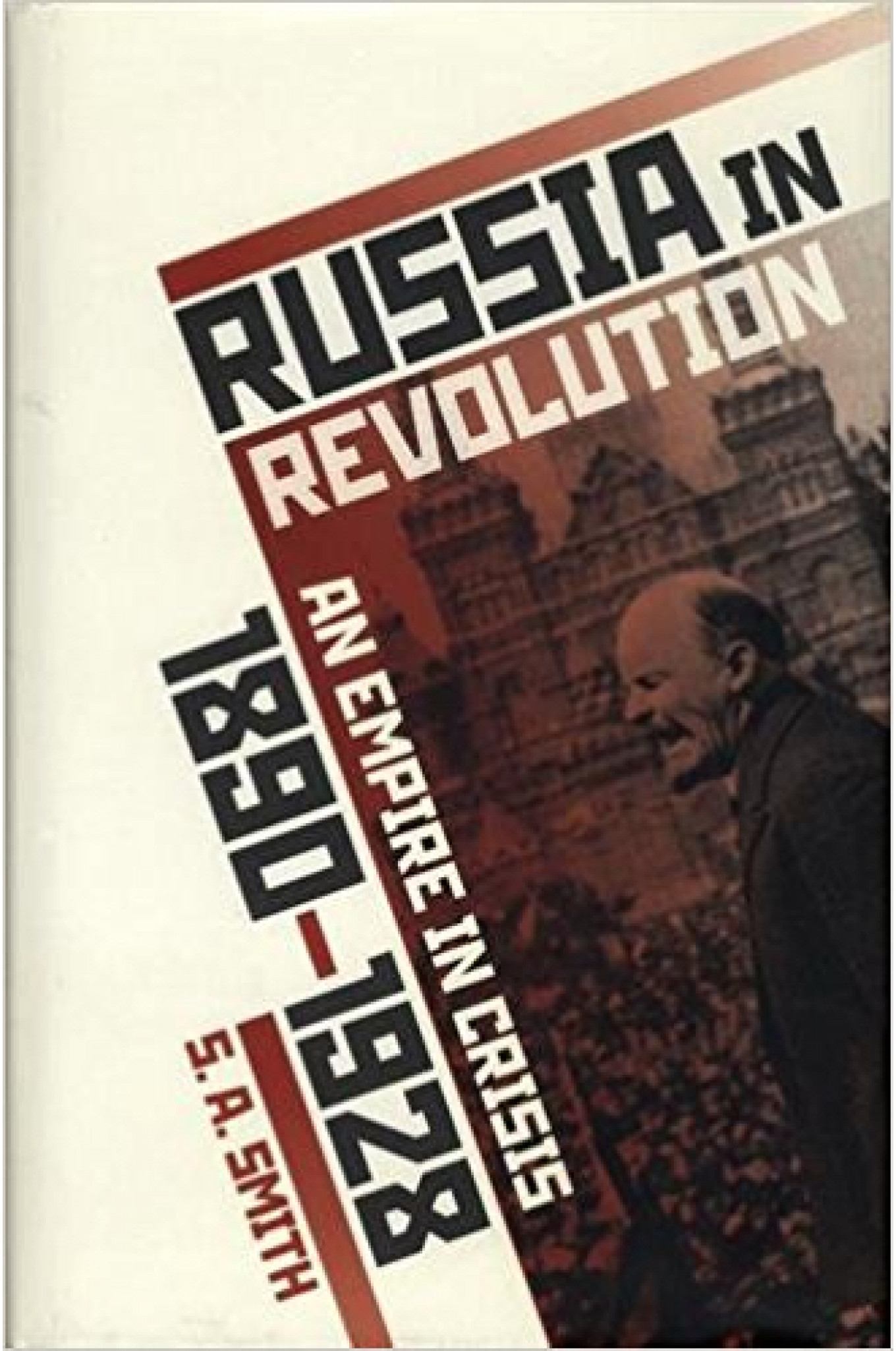
Russia in Revolution: An Empire in Crisis, 1890 to 1928
By S. A. Smith
Oxford. $34.95 (Hardcover) $23.99 (Kindle)
This academic analysis provides a fresh approach toward the big questions of the 1917 Revolution: why the tsarist government’s attempt to implement political reforms after the 1905 Revolution failed and why the attempt to create a democratic system after the February Revolution of 1917 never got off the ground. Smith gives a panoramic account of the history of the Russian Empire, paying close attention to the impact of the Revolution on different social groups: peasants, workers, non-Russian nationals, the army, women, young people and the Church.
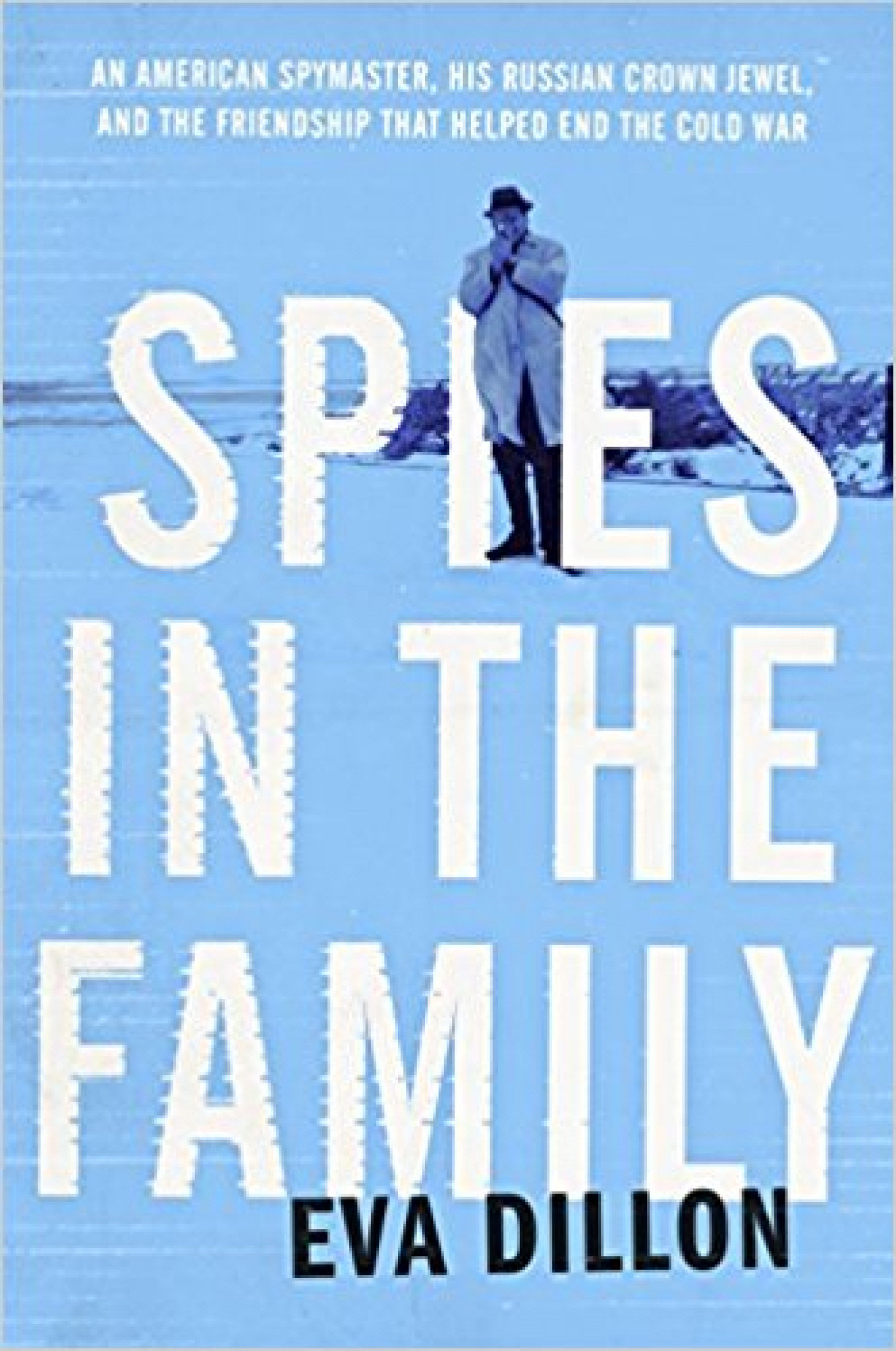
Spies in the Family: An American Spymaster, His Russian Crown Jewel, and the Friendship That Helped End the Cold War
By Eva Dillon
HarperCollins. $28.99 (Hardcover) $14.99 (Kindle)
Sophisticated spycraft flourished during the Cold War, and only now are many of those stories coming to light. Eva Dillon is the daughter of a CIA spy who was active in the 1950s. In her debut she tells the story of her father and his asset—Dmitry Polyakov—a Soviet general who gave the CIA information on Soviet intelligence. Dillon crafts a moving story of friendship and betrayal that challenges ideas of black-and-white patriotism, showing the similarities between people of opposing political-economic systems.
A Message from The Moscow Times:
Dear readers,
We are facing unprecedented challenges. Russia's Prosecutor General's Office has designated The Moscow Times as an "undesirable" organization, criminalizing our work and putting our staff at risk of prosecution. This follows our earlier unjust labeling as a "foreign agent."
These actions are direct attempts to silence independent journalism in Russia. The authorities claim our work "discredits the decisions of the Russian leadership." We see things differently: we strive to provide accurate, unbiased reporting on Russia.
We, the journalists of The Moscow Times, refuse to be silenced. But to continue our work, we need your help.
Your support, no matter how small, makes a world of difference. If you can, please support us monthly starting from just $2. It's quick to set up, and every contribution makes a significant impact.
By supporting The Moscow Times, you're defending open, independent journalism in the face of repression. Thank you for standing with us.
Remind me later.


